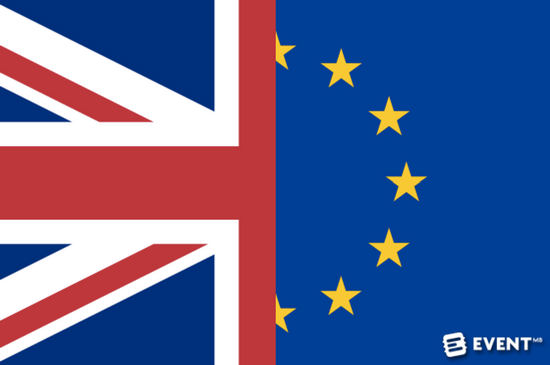Skift Take
In a speech given earlier today in Westminster British Prime Minister, Theresa May, outlined her plan for the UK's exit from the European Union. Although many details still remain unclear, it will be a hard Brexit, meaning the UK will also leave the single market.
The Brexit Plan
Earlier today, in Westminster, the British Prime minister delivered a much-anticipated speech, outlining her plan for leaving the EU (European Union). Since the referendum in June last year, Britain and the rest of Europe have been in a constant state of VUCA (volatility, uncertainty, complexity and ambiguity). Today’s speech was a move to assuage that VUCA. In her speech, a soft Brexit (maintaining a half-in-half-out membership of the EU, retaining some membership rights) was ruled out. She stressed that this also means leaving the single market, meaning new trade deals will need to be struck with the EU and its member states. Amidst the uncertainty, some international businesses are showing a growing confidence in the United Kingdom. Recently, both Snapchat and Google have announced that they are opening London HQs.
The Pros
Leaving the Single Market
While there is still some uncertainty about what leaving the single market (or the “internal market” as it is written in the EU Treaties) will mean relating to trade with European countries, it does mean that the UK will be free to strike up new independent trade deals with non-EU states. One such state is the USA. UK Foreign Secretary, Boris Johnson recently reported that a talk with President-Elect, Donald Trump’s team confirmed that a post-Brexit Britain would be “front of the line” when it came to setting up new trade deals. This means the two countries will be able to agree their own tariffs on import and export, without interference from Europe.
The Falling Pound
One factor of Brexit that has piqued the interest of international business is the falling value of Sterling (GBP). Since the Brexit vote in June, the pound has lost around 20% in value. The upshot of this means that in international terms, dealing with the UK will be much cheaper. This could have an immediate effect on Britain’s position as a desirable destination for large events, due to much lower staffing costs and (relatively speaking) cheaper services.
The Cons
Immigration
From day one of the Brexit campaign, immigration has been a hot topic. A hard Brexit also means that the UK will regain full control of its borders. This has been a worry for many businesses in the UK. Not least those in hospitality and food preparation, of which immigrants make up 30% of the total workforce. The Prime Minister stressed that regaining control doesn’t mean an end to immigration but employing tactics to ensure that it is managed properly, in a way beneficial to the people and businesses of Britain. Any change would eventually add challenges to a currently fluid way of sourcing temp staff for events, therefore potentially disruptive for the industry.
More Complex Business Traveling
The current state of movement in the EU is in a very positive scenario if you are a European business traveler. Any restriction applied to traveling in terms of visa or further checks will add more friction to an otherwise smooth process. Some destinations suffer from more restrictive visa requirements for business traveling and while the UK has always been business oriented, the Brexit is about reforming migration. Expecting change is not unrealistic.
In Conclusion
The Message from the Prime Minister was very much one of “Keep calm and carry on”.
There is still high uncertainty about the impact of Brexit on the British event industry and its reflection on the global MICE sector. Surely uncertainty can lead to very high or very low returns. The months ahead are without a doubt not for the faint hearted with global equilibriums changing rapidly.
For event professionals worldwide, Great Britain is certainly a destination to keep an eye on.





